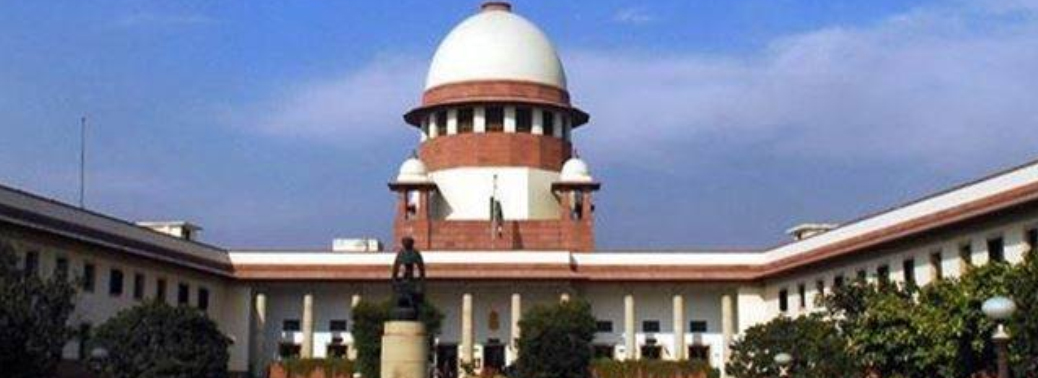NGOS “SUBSTANTIALLY” FUNDED BY CENTRE COMES UNDER RTI ACT- SUPREME COURT
18, Sep 2019

Prelims level : Governance- Policies
Mains level : GS-II- Important aspects of governance, transparency and accountability
Why in News?
- Non-Government Organisations (NGOs) receiving substantial financing from the government are bound to give information to the public under the RTI Act, the Supreme Court held recently.
Background:
- The bench was dealing with an issue on whether NGOs substantially financed by the government fall within the ambit of “public authority” under provisions of the Right to Information Act, 2005.
- Several schools and colleges and associations running educational institution have moved the top court claiming that NGOs are not covered under the RTI Act.
Highlights of The Judgement:
- The Supreme Court laid down that NGOs which receive considerable finances from the government or are essentially dependent on the government fall under the category of “public authority” defined in Section 2(h) of the Right to Information (RTI) Act of 2005.
- This means that they have to disclose vital information, ranging from finances to hierarchy to decisions to functioning, to citizens who apply under RTI.
- An NGO may also include societies which are neither owned or controlled by the government, but if they are significantly funded by the government, directly or indirectly, they come under the RTI Act.
- The court defined “substantial” as a “large portion.”
- It does not necessarily have to mean a major portion or more than 50%. Substantial financing can be both direct or indirect.






